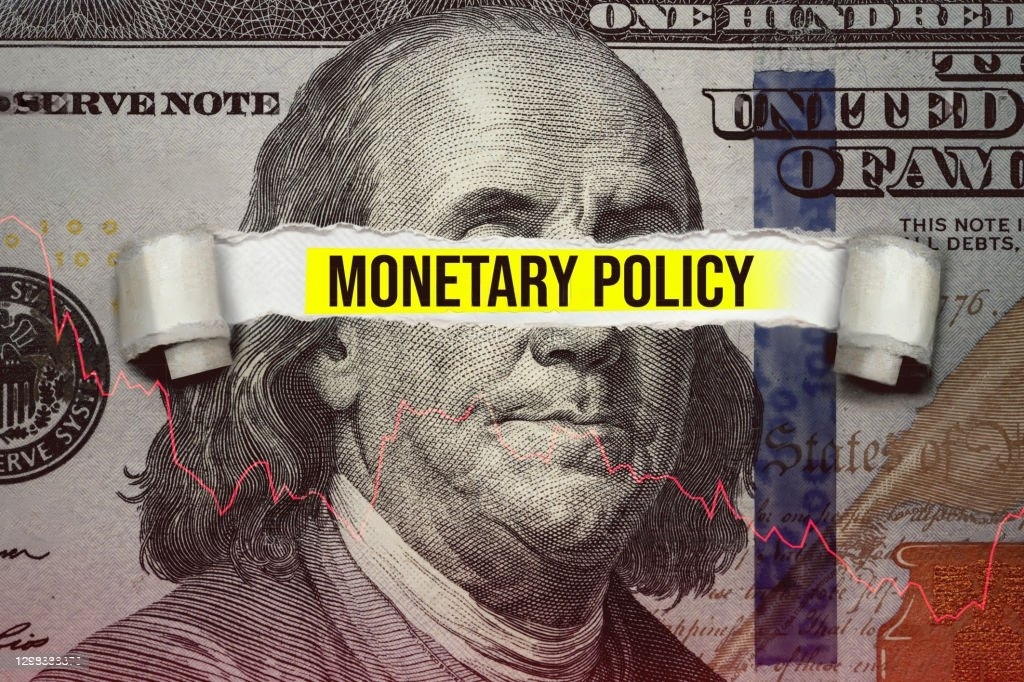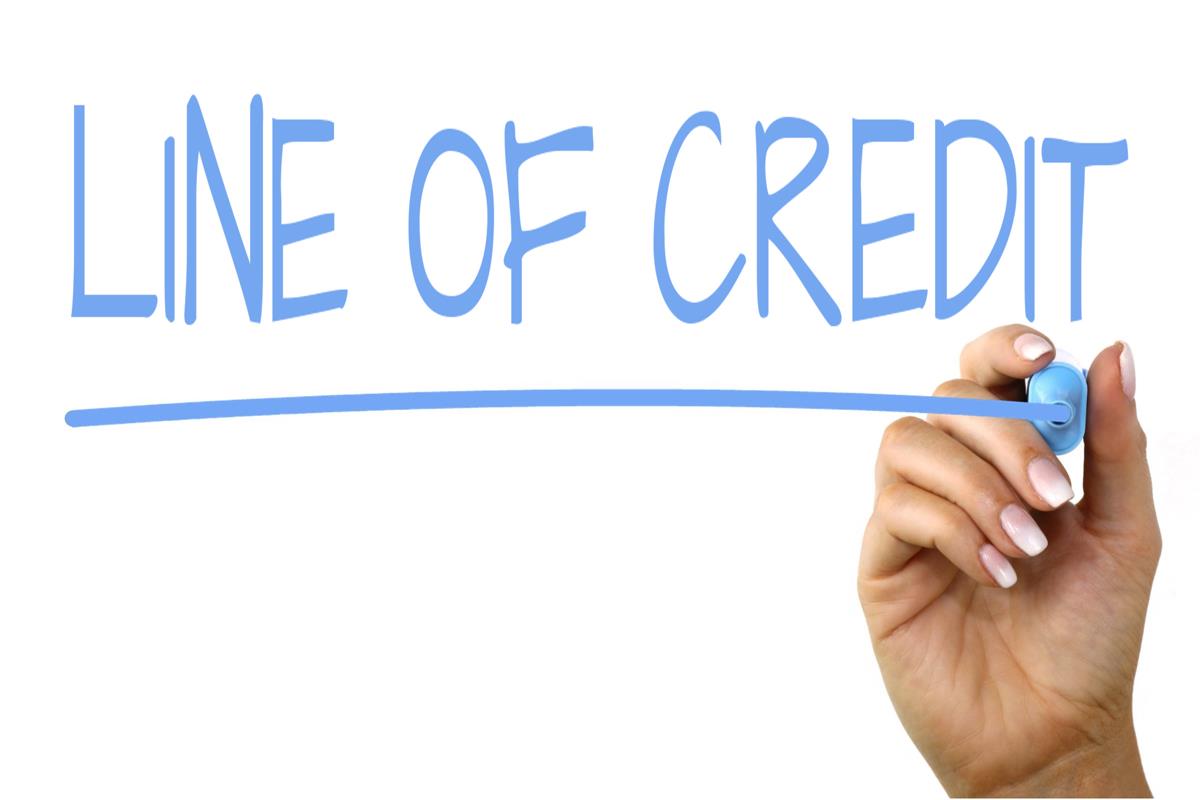
The monetary framework assumes a pivotal part in the working of an economy, and the public authority has a huge obligation in guaranteeing its dependability and proficiency. In this article, we will investigate the different parts of the public authority's job in the monetary framework and what it means for the general economy.
I. Presentation
The monetary framework incorporates every one of the organizations, markets, and instruments that work with the progression of assets among savers and borrowers. It incorporates banks, insurance agencies, stock trades, and different go-betweens. The public authority's part in the monetary framework is of most extreme significance to keep up with steadiness and shield the interests of different partners.
II. Guideline and Management
One of the essential jobs of the public authority in the monetary framework is to direct and regulate monetary organizations. Guidelines are set up to guarantee that monetary foundations work mindfully and morally. By setting principles and rules, the public authority expects to safeguard buyers and keep up with the general strength of the framework.
Government bodies, like national banks and monetary administrative specialists, assume a fundamental part in managing monetary establishments. They screen their activities, survey dangers, and go to fitting lengths to forestall any expected dangers to the solidness of the monetary framework.

III. Money related Arrangement
The public authority likewise holds the obligation of forming and carrying out a money-related strategy to keep up with value security and control expansion. Through its national bank, the public authority has the power to control the cash supply in the economy. By overseeing loan fees, open market tasks, and saving prerequisites, the public authority can impact getting costs, cash course, and at last, the degree of expansion.
National banks assume a basic part in carrying out the public authority's financial strategy. They screen financial markers, for example, expansion rates, work levels, and Gross domestic product development, to pursue informed choices regarding loan fees and other money-related apparatuses.
IV. Monetary Steadiness
Guaranteeing monetary steadiness is one more critical job of the public authority in the monetary framework. During monetary emergencies or market interruptions, the public authority mediates to forestall foundational risks that could adversely affect the economy.
States execute measures to settle monetary business sectors, support grieving organizations, and reestablish trust in the framework. These actions might include giving liquidity support, recapitalizing banks, or, in any event, assuming control over bombing monetary foundations to safeguard contributors and forestall a cascading type of influence on the general economy.
V. Shopper Insurance
The public authority assumes a pivotal role in safeguarding customers within the monetary framework. It lays out guidelines and regulations to guarantee straightforwardness, decency, and moral practices in monetary exchanges. These guidelines cover regions, for example, buyer credit, venture items, and protection.
By authorizing guidelines, the public authority intends to forestall extortion, deception, and other misbehaviors that could hurt shoppers. Moreover, government drives advanced monetary proficiency and schooling to engage buyers to pursue informed choices and safeguard their inclinations.
VI. Improvement and Foundation
Legislatures effectively partake in cultivating monetary development and improvement by putting resources into the framework and monetary organizations. They establish an empowering climate for organizations to flourish and guarantee admission to monetary administration for all portions of society.
Framework improvements, like the structure of powerful installment frameworks, secure computerized stages, and proficient transportation organizations, adds to the general effectiveness and steadiness of the monetary framework. State-run administrations additionally support the foundation and development of monetary establishments to take special care of the assorted requirements of organizations and people.
VII. Global Collaboration
In an undeniably interconnected worldwide economy, global participation is fundamental in tending to cross-line monetary difficulties. States team up with worldwide associations to blend guidelines, share best practices, and tackle issues that require aggregate activity.
Composed endeavors among state-run administrations assist with combating tax evasion, psychological militant support, and other illegal exercises that can sabotage the respectability of the monetary framework. They likewise pursue keeping up with worldwide monetary strength by laying out systems for collaboration during emergencies and supporting the advancement of emerging economies.

VIII. Conclusion
The job of government in the monetary framework is multi-layered and urgent for keeping up with security, safeguarding shoppers, and encouraging financial development. By controlling monetary establishments, executing money-related strategies, guaranteeing monetary strength, and advancing purchaser security, legislatures assume a vital role in establishing a helpful climate for a strong and feasible monetary framework.
Through worldwide collaboration and interests in foundation and improvement, states contribute to the general steadiness and proficiency of the worldwide monetary scene. The public authority's job in the monetary framework ought to be to persistently adjust to the developing necessities and difficulties of the cutting-edge economy, guaranteeing the prosperity of people, organizations, and the general economy.





